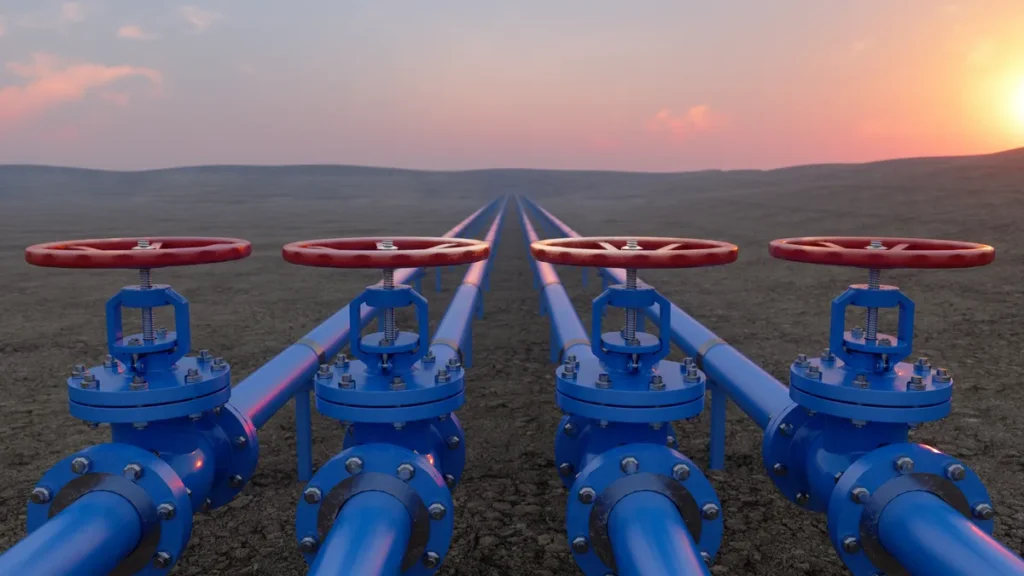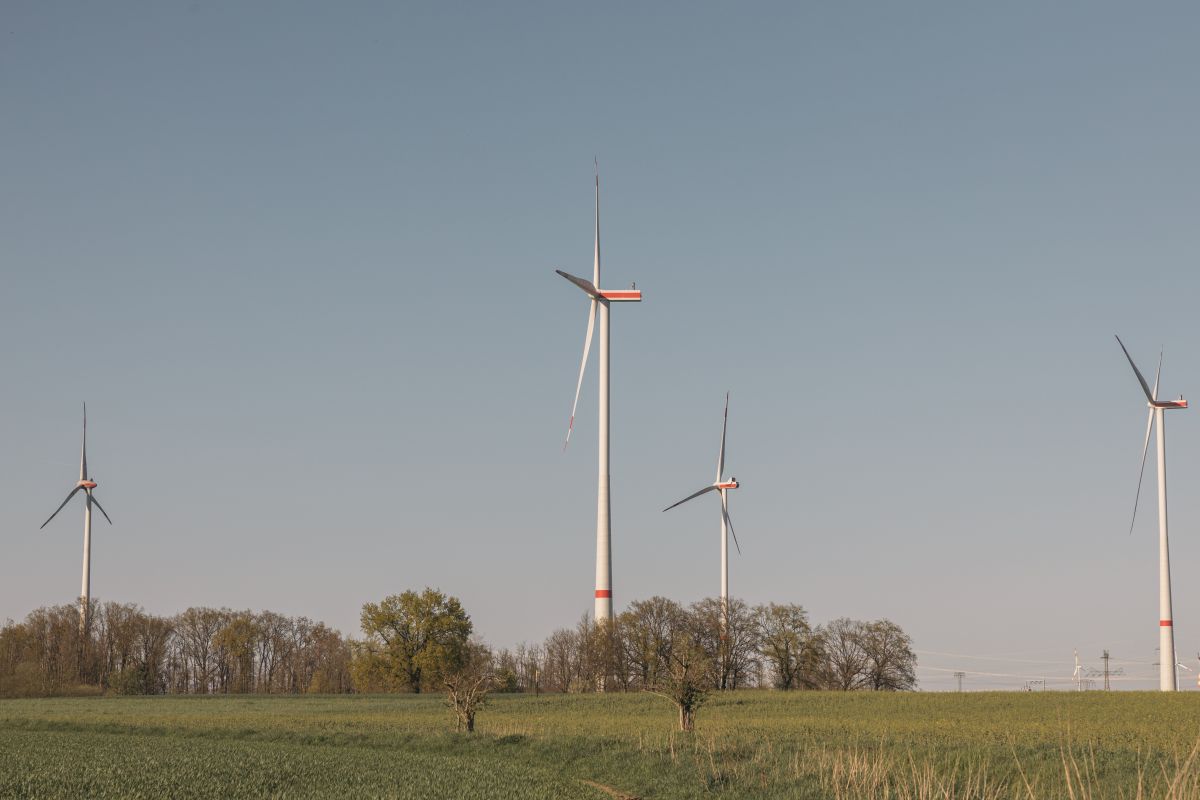WWW.UTILITYDIVE.COM
A lack of spare pipeline capacity in New York and New England poses “severe threats to reliability” during periods of extreme cold weather, the North American Electric Reliability Corp. said Tuesday, responding to a study of the region’s gas and power systems.
The Northeast Power Coordinating Council’s report showed New York and New England natural gas infrastructure “fully utilized” during modeled extreme cold weather periods. NPCC is one of NERC’s six reliability entities.
The assessment found that most gas-fired generators operating in the region “do not hold firm transportation entitlements” which “can expose those generators to gas supply curtailment or interruption when pipeline congestion materializes during the peak heating season,” NPCC said.
“During winter extremes, the electric system in the Northeast is dependent upon reliable natural gas supply. When rare, but well-observed contingencies occur, reliability is gravely threatened,” NERC President and CEO Jim Robb said in a statement.
The NPCC report modeled three-day cold snaps but said longer periods of prolonged extreme weather “could add additional stress to the network of gas pipeline and storage and oil storage infrastructure in New York and New England, thereby heightening electric reliability challenges if oil inventory cannot be replenished on a timely basis.”
Liquifed natural gas remains a key to New England power reliability, the study said. And if those supplies are not available, generators would look to oil to meet demand.
“The report notes that to tackle these challenges, grid operators may need to implement changes in wholesale market design and develop strategies to ensure that gas-fired generation can reliably meet demand during extreme weather events,” the Northeast Gas Association said in a statement. “Expanding natural gas delivery infrastructure ‘would be one of the most economic mitigation measures.'”
NGA served on the NPCC study steering committee along with the New York Independent System Operator, ISO New England and NERC.
The study’?s “credible conclusions should be a rallying cry for stakeholders to urgently develop and implement risk mitigation actions, beyond industry coordination efforts currently underway,” NERC said in a statement. The reliability watchdog “is currently conducting similar assessments in other regions and encourages reliability stakeholders to incorporate these assessments into their planning and operating plans.”












